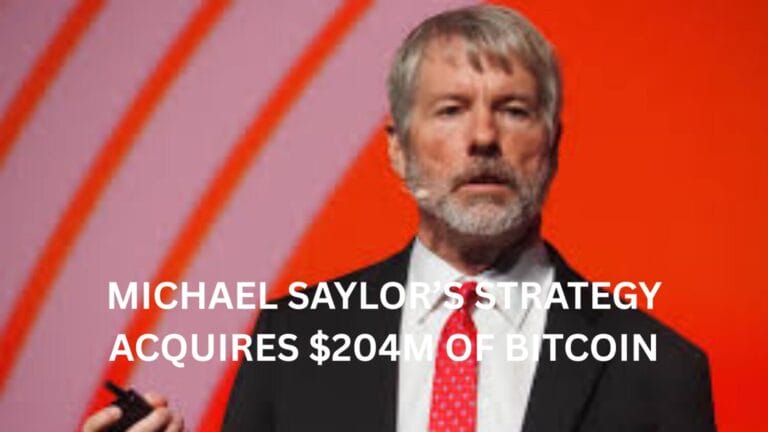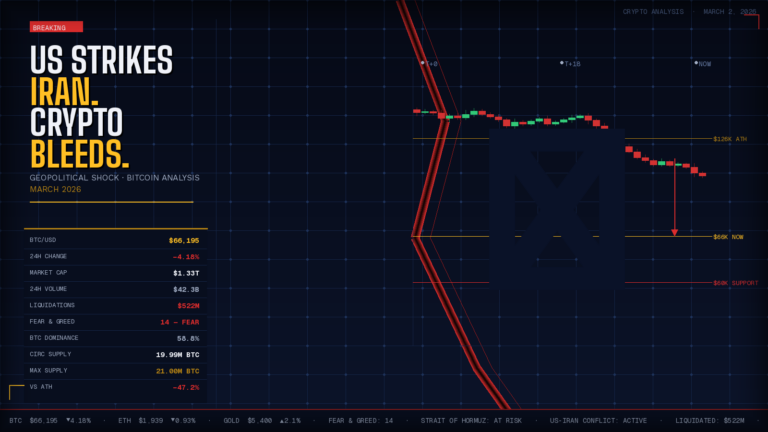Key takeaways:
- The DOJ dislikes clauses that would shield the business from punishment for prior wrongdoing.
- The court upheld the security on March 7 after determining that the scheme had the support of 97% of Voyager customers.
The proposal by insolvent lender Voyager Digital to sell its digital assets to cryptocurrency exchange Binance.US includes a clause that prevents US authorities from bringing legal action against anyone connected to the sale. This clause is something that US authorities want to be removed.
US trustee William Harrington and other government lawyers claimed in a motion submitted on March 14 in a bankruptcy court in New York that the court wrongfully surpassed its statutory power in authorizing the pardoning. They asked for a two-week hold on the court’s sanction of the transaction so they could submit an appeal.
After finding that 97% of Voyager customers backed the plan, as mentioned in a filing on February 28, the court upheld the security on March 7. The clause protects those involved in the sale from being held directly liable for how it is carried out.
Officials from the United States claim that the clause would make it more difficult for the authority in order to exercise its regulatory and policing authority, even though they are not opposing other aspects of the planned sale. According to Damian Williams’ submission:
“Nothing in the Bankruptcy Code permits courts to exculpate parties from liability to the Government for past and future conduct.”
The US Securities and Exchange Commission raised objections to the plan on March 6 as well, focusing on the “extraordinary” and “highly improper” exculpation clause. The SEC claimed that the reimbursement token would be an unauthorized protection offering and that Binance.US is running a free securities exchange.
According to the most recent projections, the strategy is anticipated to result in the creditors of Voyager receiving about 73% of the value of their money back.
Williams claimed that the agreement should not be approved, or at least those portions that limit the government’s ability to carry out the legislation once higher courts decide on appeals.
Judge Michael Wiles of the New York bankruptcy court had approved the deal last week despite his prior strong disagreement with the Securities and Exchange Commission’s assertions that Voyager’s VGX token might be an unregistered investment.









